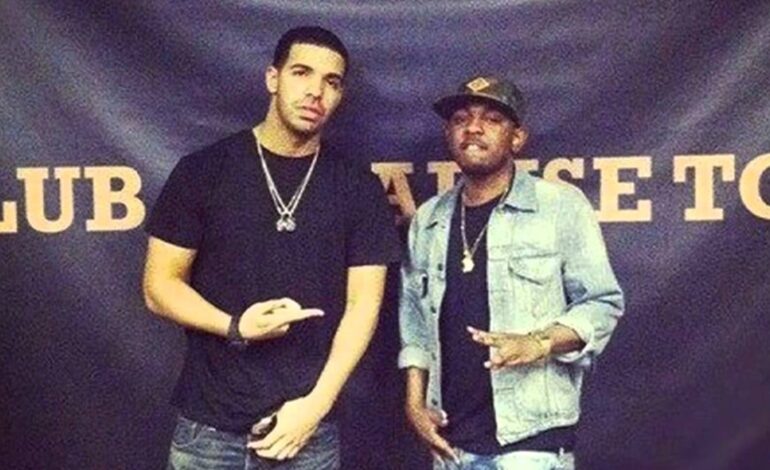Drake Moves to Force UMG Docs Over Lucian Grainge’s Role in Kendrick’s “Not Like Us

Zoe Bennett: The facts matter. Here’s what we know so far.
Drake has filed a court letter motion pressing Universal Music Group to produce any documents that could show whether UMG CEO Lucian Grainge approved Kendrick Lamar’s Grammy-winning track “Not Like Us,” including potentially damaging lyrics that Drake has publicly criticized. The filing, obtained by TMZ Hip Hop and referenced in public court records, asks the judge to compel UMG to hand over communications, approvals, and internal materials connected to the song’s release and Grainge’s involvement.
At the heart of the dispute is a single line in “Not Like Us” that Drake alleges implies criminal misconduct. Since its release, “Not Like Us” has accumulated major industry accolades, including Grammy wins, substantial streaming and sales milestones, and a high-profile spot in Kendrick’s Super Bowl LIX Halftime Show set this year. Drake’s legal team argues these factors make any executive sign-off on the song particularly relevant to his case, and he suspects Grainge — often described in trade press as one of the most powerful executives in music — may have greenlit the release despite knowing the lyric’s potential to harm Drake’s brand.
Drake’s motion does more than point fingers; it attempts to expand discovery toward corporate decision-making. The request seeks documents and communications that could show whether Grainge or other UMG leadership reviewed, discussed, or expressly approved the lyric in question prior to release. Drake’s lawyers contend that such material could demonstrate knowledge and potential culpability at the label level, which might bear on damages and the broader legal theories he is pursuing.
Why this matters: discovery targeting a major label chief executive is unusual and signals a strategic escalation. Courts generally balance relevance against executive privilege and burdensome fishing expeditions, so the judge will weigh Drake’s asserted need for the records against UMG’s likely defenses, such as confidentiality, corporate separation, or the managerial prerogative to approve releases without individual sign-off documentation. Precedent shows judges are cautious about rummaging through top executives’ files, but they will order production if the material appears directly relevant and adequately specified.
Context matters. UMG has long been a dominant force in global music, and Grainge’s role has been repeatedly highlighted in outlets covering the industry’s power structure. That profile adds fuel to Drake’s theory that documents linking Grainge to “Not Like Us” decisions could exist. TMZ Hip Hop reported Drake’s motion; similar reporting in major entertainment outlets has tracked the song’s awards trajectory and its role in Kendrick’s recent visibility, including the Super Bowl performance that amplified the track’s cultural impact.
Practical implications: if the court forces production, UMG could be required to turn over emails, memos, meeting notes, or approval logs. Those documents could reveal whether Grainge explicitly or implicitly signaled support for the song, or they could show a more hands-off executive approach. Either outcome would shape legal arguments and public perception: proof of active approval might bolster Drake’s allegations that a powerful label condoned or enabled the damaging lyric, while lack of evidence could undercut that claim and keep the focus on the artist and immediate production team.
Beyond litigation, this dispute spotlights how modern celebrity conflicts increasingly pull corporate executives into legal crosshairs. As artists’ words travel fast and legal stakes rise, the question of who signs off on controversial material is becoming a courtroom battleground as much as a public relations issue.
What to watch next: the judge’s ruling on Drake’s motion will set the tone for whether UMG must produce executives’ records and how far discovery can reach into boardroom decisions tied to creative releases. Stay tuned for the court’s decision and any subsequent document disclosures that could reshape both the case and industry norms.
This is Zoe Bennett reporting with a clear-eyed breakdown and documented sources.
That wraps up today’s analysis; more updates will follow as the court responds.
Sources: Celebrity Storm and TMZ Hip Hop, public court records, industry trade reporting
Attribution: Creative Commons Licensed




